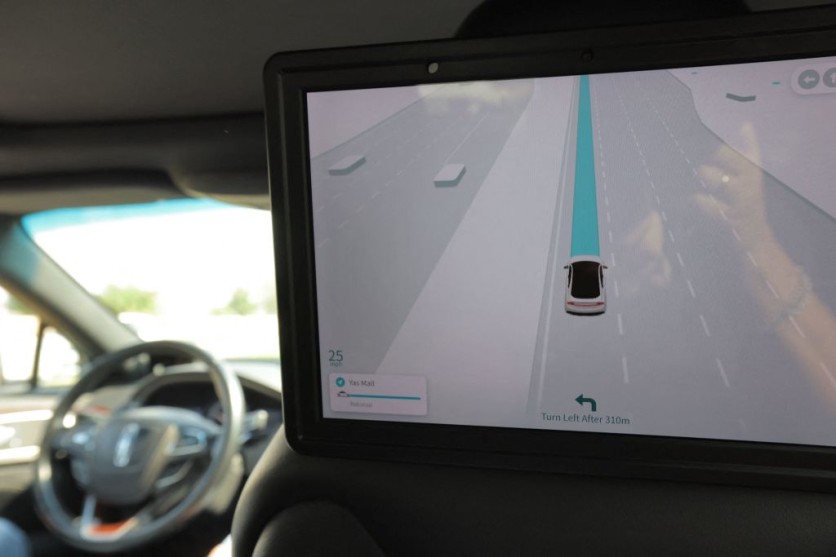Halo Car, a startup offering car rental services, has introduced driverless operations in Las Vegas.
Unlike traditional autonomous vehicles, Halo's approach to driverless operations involves remote operators controlling the vehicles using a suite of cameras, modems, antennas, and other components installed in the cars, according to a report by TechCrunch.
This data is then transmitted to the remote pilots at a Halo operations center, who use the real-time video and sensor data to maneuver the vehicles from a remote location.

How Does Halo Car Operate Driverless Rides?
While Halo has been using teleoperations to deliver cars to customers in Las Vegas for about a year, there has always been a human driver present in the front seat for safety purposes. However, with this latest development, Halo cars will now be delivered to customers without drivers inside the vehicle.
The company explained the roles involved in their operation, stating, "When you order a Halo.car, two key roles work together to bring it to you: the remote pilot and the safety driver."
Remote pilots are stationed at the control center in Las Vegas and utilize a console that provides them with a real-time view of the car's surroundings. Although they are not physically present in the vehicle, remote pilots play a crucial role in safely delivering the car to the customer's doorstep.
Read Also : Porsche 75th Anniversary: New 900V Hypercar 'Mission X' Set to Break Records, Recharging in 10 Minutes
On the other hand, safety drivers act as a backup in case any issues arise during the remote piloting process. They are cross-trained with remote pilots, ensuring that they possess the same skills and understanding of the technology.
The safety drivers are equipped to take over or halt the vehicle if necessary, providing an additional layer of protection and reassurance.
Halo Car claimed that it prioritizes the training and qualifications of its remote pilots, many of whom have prior experience as drivers for ride-hailing services like Uber or Lyft.
While certain skills required for remote piloting are similar to those of regular driving, such as spatial awareness and knowledge of traffic regulations, remote pilots also need to adapt their driving abilities and decision-making to this technologically advanced environment.
By introducing driverless operations in Las Vegas, Halo Car aims to enhance the convenience and efficiency of car rental services. With their unique approach, they aim to eliminate the need for customers to travel to a rental location or interact with a physical driver during the delivery process.
Related Article : Apple Autonomous Car Source Code Allegedly Stolen! Ex-Employee Now Works With China-Based Company

![Apple Watch Series 10 [GPS 42mm]](https://d.techtimes.com/en/full/453899/apple-watch-series-10-gps-42mm.jpg?w=184&h=103&f=9fb3c2ea2db928c663d1d2eadbcb3e52)



